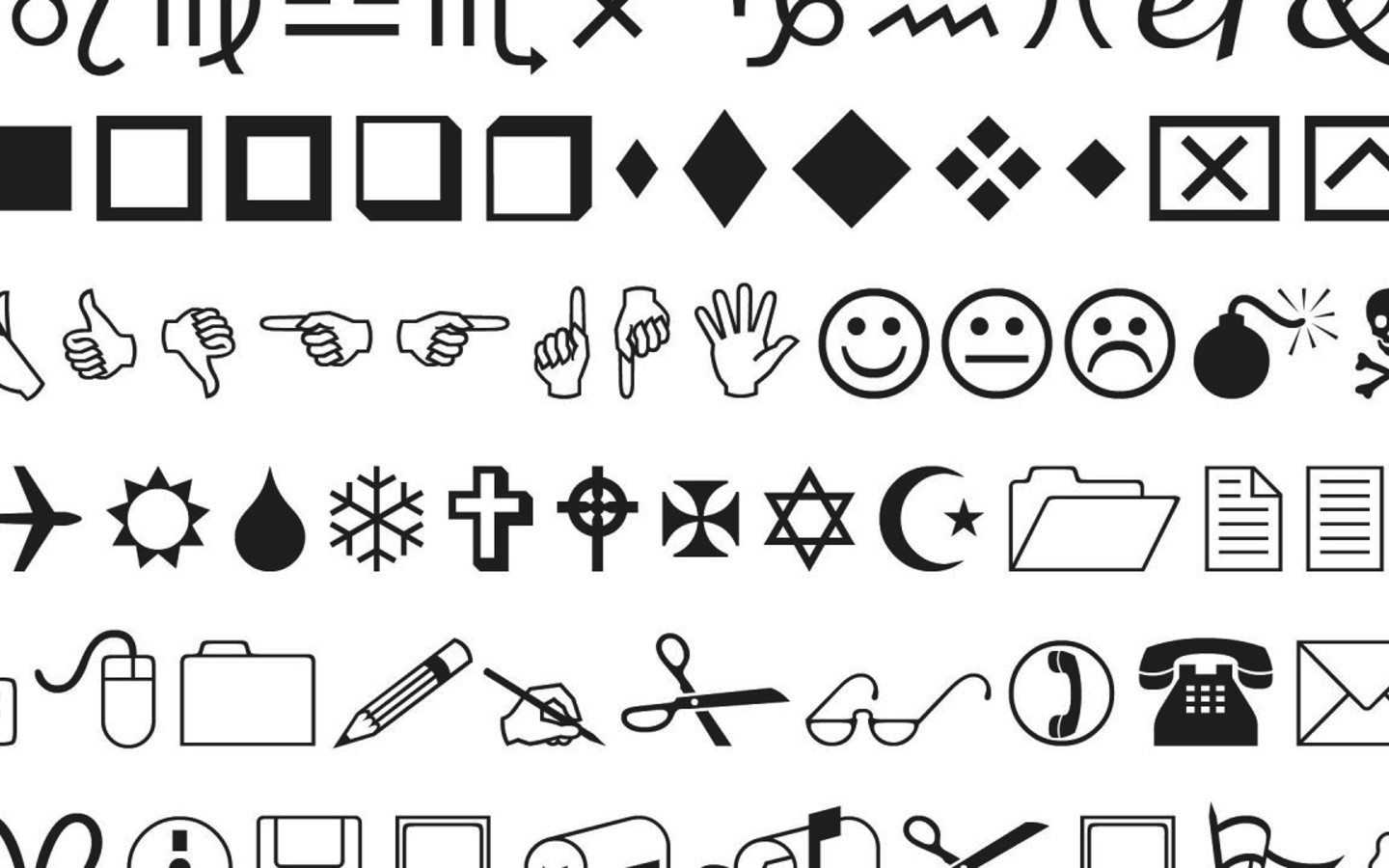Which platform is best?
You have a brand, a product, and you’re ready to get selling. But which eCommerce platform should you use? While there are an abundance out there, Shopify and WooCommerce often lead as the most popular and requested ecommerce platforms, and for good reason.
With countless users, vast capabilities and reliability, both can make great choices for anyone looking to grow a business through online shopping. With slight differences suiting them to different situations, we decided to take a look at the benefits WooCommerce and Shopify offer to help you understand which solution is best for your business.
At a glance
Shopify
Shopify is an all-in-one solution, allowing you to create and manage and online store and your payments in one easy to use platform.
WooCommerce
WooCommerce differs in that it is an open-source, built-in solution for a WordPress website. It enables you to run an online store using the platform you prefer, or may already be using.
Pros and Cons
Pricing differences
Shopify
Shopify’s pricing includes three basic plans and a custom enterprise option. With plans ranging from $29 and $79 to $299, these vary across a range of criteria. The best option will ultimately depend on the scale of your business and unique functionality requirements.
If you’re familiar with retail, you’ll know that credit card fees can add up quickly. Each Shopify plan varies based on the transaction fees for credit card payments and the use of external payment options like PayPal.
These plans also vary based on the number of administrator/staff accounts available, the ability to distribute gift cards, recover abandoned carts, and other premium features necessary if you anticipate a high-sales volume and deem them necessary and beneficial for your target customer.
With ease of scalability, invaluable analytics and the ability to leverage social marketplaces Shopify was the perfect choice for our client Mountain Jade. We used Shopify to craft them a beautiful ecommerce store they could manage intuitively in-house, giving them full control over their sales channel and content management.
WooCommerce
WooCommerce differs in that it costs nothing upfront. The downside is hosting must be set up independently.
WooCommerce extensions typically cost more upfront than those on Shopify, but are sold at a one-time fee as opposed to a recurring, monthly subscription.
With an existing WordPress platform and experience in its management, WooCommerce was the perfect solution for our client Sothys, whose high-end skincare range required an in-depth product categorisation filter and unique aesthetic.
Which one is right for you?
So which platform is right for you?
For small businesses or online retailers wanting a simple set-up process with frequent support, Shopify is for you. With a done-for-you functionality that minimises difficult customisation processes and streamlines the creation of your ecommerce site, it’s perfect for the user who wants something quick, clean and easy to use.
The functionality WooCommerce offers can rival Shopify with significant flexibility. The set-up process is slightly more complicated and with independent hosting and basic open-source software know-how advised, it’s preferable for the merchant who is willing to put in a bit more work to achieve their dream online store and customise the whole experience.
Both are popular for a reason and either can make a seamless solution for your next eCommerce store. Consider your business model, aspirations for future growth and the choice is up to you. At Brave, we guide our partners through this process, understanding their brands, products and businesses before recommending the ecommerce solution we know will work best. If you’re looking to get selling online, we’d love to help.











